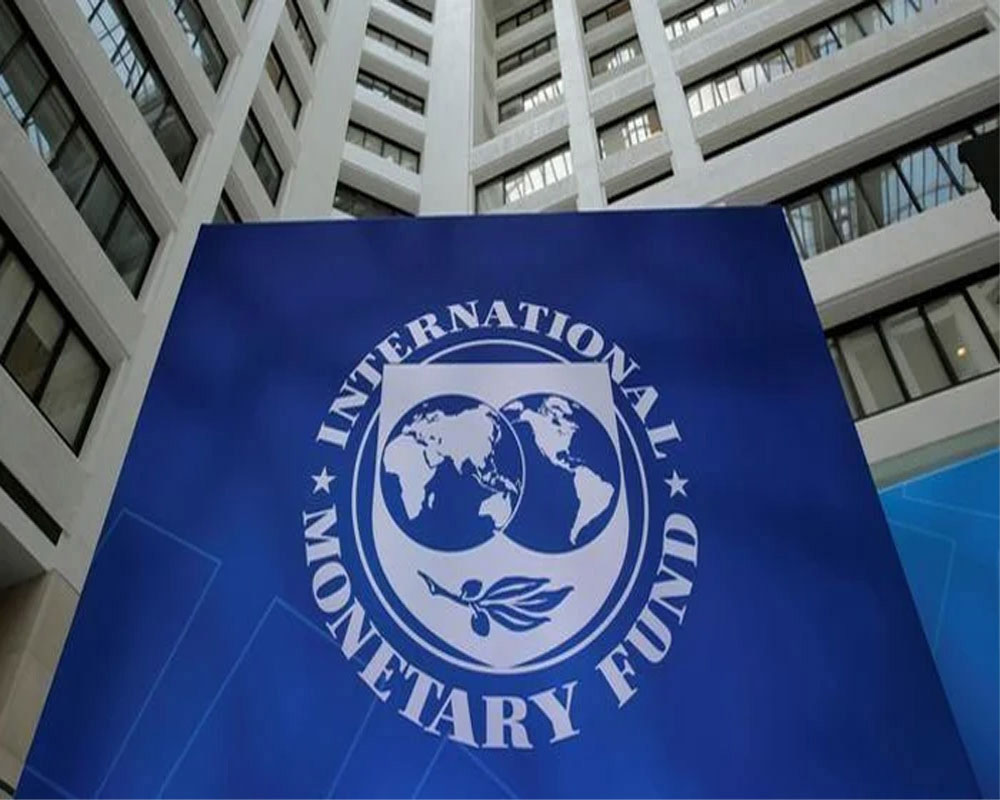“IMF Agrees to $7 Billion Loan Deal with Pakistan to Strengthen Struggling Economy”
Pakistan has finalized a new $7 billion loan agreement with the International Monetary Fund (IMF) aimed at stabilizing its struggling economy. This deal, subject to approval by the IMF Executive Board, comes as Islamabad faces significant economic challenges exacerbated by political turmoil and natural disasters.


Pakistan has finalized a new $7 billion loan agreement with the International Monetary Fund (IMF) aimed at stabilizing its struggling economy. This deal, subject to approval by the IMF Executive Board, comes as Islamabad faces significant economic challenges exacerbated by political turmoil and natural disasters.
Pakistan’s economy teetered on the brink of default last year amidst political instability, catastrophic floods, and longstanding economic mismanagement. Emergency loans from allied nations and continued support from the IMF prevented a financial collapse, but the country’s fiscal health remains precarious with high inflation and staggering public debts.
The new three-year IMF deal is intended to “cement macroeconomic stability and create conditions for stronger, more inclusive and resilient growth,” according to an IMF statement. It underscores the need for Pakistan to implement extensive reforms, particularly in expanding its chronically low tax base.
Key measures include aiming to raise approximately $46 billion in taxes during the 2024-25 fiscal year, a 40 percent increase from the previous year. This effort includes unconventional tactics such as blocking 210,000 SIM cards of mobile users who have not filed tax returns, in an attempt to broaden the tax net.
Additionally, Pakistan aims to reduce its fiscal deficit by 1.5 percent to 5.9 percent in the coming year, addressing another critical IMF requirement. Despite these efforts, Pakistan’s public debt remains daunting at $242 billion, consuming half of the government’s income in 2024 for servicing alone.
Critics argue that these measures, while meeting IMF conditions, may not address underlying structural issues. “It is hard to not see old patterns in this new IMF deal,” remarked Ali Hasanain, an economics professor at Lahore University of Management Sciences. He emphasized the need for fundamental reforms beyond immediate fiscal adjustments.
Prime Minister Shehbaz Sharif, who assumed office earlier this year amidst controversial elections, faces mounting public discontent over austerity measures. Recent budgetary changes, overseen by the IMF, have led to sporadic protests against tax hikes and increased costs of living.
While economic indicators show slight improvements in Pakistan’s current account balance and a gradual decline in inflation, challenges persist. The IMF projects a modest 2 percent growth for the country this year, with inflation expected to remain high at nearly 25 percent annually, gradually easing in the following years.
Sources By Agencies








I do agree with all the ideas you have introduced on your post They are very convincing and will definitely work Still the posts are very short for newbies May just you please prolong them a little from subsequent time Thank you for the post